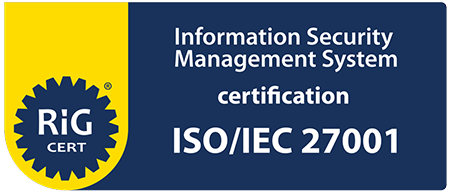Services and solutions
Resources
About the company

The latest news in HR development, leadership and digital tools - right in your inbox!
Drop us an e-mail: info@ls-s.com
Key areas of application of our expertise

At least three generations have always gathered in every work environment. From those in their early 20s to people before retirement age, there are at least three, and often four, demographic age groups. In this sense, the clash of generations is not something unknown in human resource management.
Currently, most organizations employ representatives of Baby Boomers, Generation X, Millennials (Generation Y) and Generation Z at the same time. But nowadays, for the first time, the differences between the generations became so great: in the way they communicate, in their priorities regarding work, in the requirements for others, in the approach to responsibilities, in what motivates them or manages to keep their focus. If for the Baby Boomers and Generation X the main channel of communication at work is personal communication (40%), then in Millennials it is email, and in Generation Z – the chat (1). This is only one of all the studied differences and is a result of the great leap in digital technologies that have transformed the work processes and the way of communication in companies. Another key difference is what motivates them and their expectations of their leaders. Eight out of ten Generation Z members prefer their manager to be a mentor, while the older generations expect him to be consistent, honest, trustworthy and ethical (2).
These data point to a clear difference in expectations about the management style, the company's values and its ability to adapt to external and internal changes. In addition, the arrival of a Generation Z representative, who must be trained by someone accustomed to working in a completely different environment and style of communication, results in a collision that can have lasting negative effects on the effectiveness of entire teams. On the other hand, the variety of so many approaches and skills are also a value for the company. If the benefits from the variety are derived, it will become more adaptable and flexible, and therefore more competitive. Focused feedback tools that can explore the current situation by department and also the differences in perceptions of innovative work methodologies play an important role in turning the clash of generations from a challenge into a strength for the organization. Feedback on attitudes toward company values helps to increase intergenerational continuity in the work process. Specific discrepancies are identified and thus a discussion for overcoming them is opened.
(1) https://www.visualcapitalist.com/generations-approach-workplace/
(2) https://www.instantoffices.com/blog/business-growth/generation-gap-at-work/
Related products: